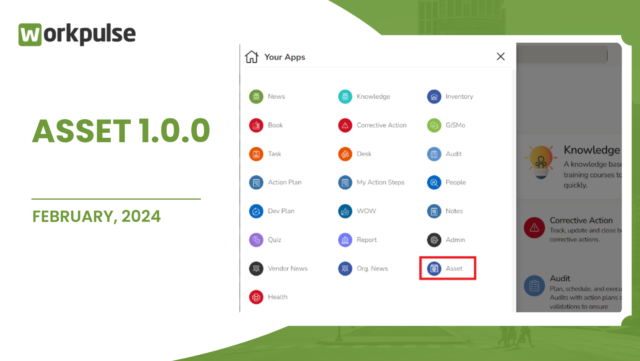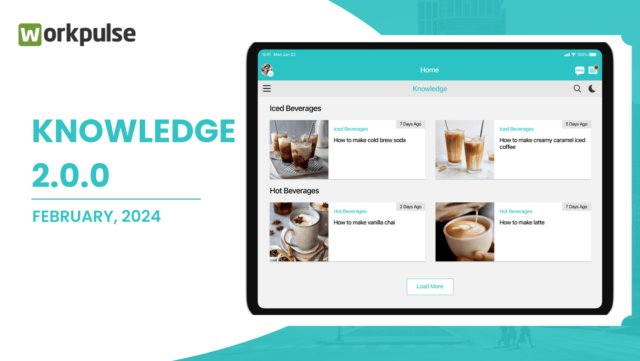The Quick Service Restaurant (QSR) industry, characterized by fast food service and limited seating or predominantly take-out options, is experiencing a transformation through data-driven decision-making. In this fast-paced sector, leveraging data analytics is not just an advantage; it’s a necessity for staying competitive.
Tailoring Operations to QSR Dynamics
Menu Optimization for Fast Service: In QSRs, data analytics plays a crucial role in menu optimization. By analyzing sales data, QSRs can determine which items are most popular and profitable, leading to a streamlined menu that facilitates quicker service and inventory turnover.
Inventory Management and Cost Control: Effective inventory management is critical in QSRs to avoid overstocking or stockouts. Data analytics helps in forecasting demand more accurately, thereby reducing waste and optimizing costs.
Financial Data for Strategic Planning: Analyzing financial data such as revenue trends, cost of goods, and profit margins helps QSRs make informed decisions about pricing, promotions, and cost-saving strategies. This is vital in a sector where profit margins can be slim and influenced by fluctuating ingredient costs.
Enhancing Order and Delivery Efficiency: For QSRs, speed is a key differentiator. Data on order processing times, peak order periods, and delivery efficiency can help streamline operations. This includes optimizing kitchen workflows and improving order fulfillment processes.
Customer Behavior Insights for Personalized Marketing: Collecting and analyzing customer data, including order history and preferences, enables QSRs to tailor marketing campaigns and loyalty programs. This targeted approach can lead to increased customer retention and higher average order values.
Operational Data for Streamlined Processes: Data from kitchen display systems, POS systems, and online ordering platforms can provide insights into operational bottlenecks and areas for improvement. This includes optimizing staffing levels during peak times and enhancing the ordering process for both in-store and online customers.
Incorporating Technology for Data Analytics
- Advanced POS Systems: Modern POS systems in QSRs are more than transactional tools; they are data goldmines that provide insights into sales patterns, popular menu items, and customer preferences.
- Online Ordering and Delivery Analytics: With the rise of online ordering and delivery services, analyzing data from these platforms is crucial for understanding customer ordering habits and preferences, as well as optimizing delivery routes and times.
- Customer Feedback Tools: Digital feedback tools allow QSRs to collect and analyze customer reviews and feedback quickly, enabling them to make swift adjustments to their offerings and service.
Challenges and Strategic Considerations
- Real-Time Data Utilization: The fast-paced nature of QSRs requires real-time data analysis for immediate decision-making. Implementing systems that provide real-time insights is essential for quick adaptations to changing customer preferences and operational demands.
- Employee Training and Adaptation: Staff in QSRs need to be trained to use data analytics tools effectively. This includes understanding how to interpret data and make decisions based on insights.
- Data Privacy and Security: As QSRs collect more customer data, they must also navigate the complexities of data privacy and security, ensuring compliance with regulations and maintaining customer trust.
Embracing Data-Driven Strategies for QSR Success
In summary, the adoption of data-driven decision-making in Quick Service Restaurants (QSRs) marks a pivotal shift towards operational excellence and enhanced customer satisfaction. By effectively harnessing data analytics, QSRs can gain invaluable insights into customer preferences, optimize menu offerings, streamline operations, and ultimately, drive profitability in a highly competitive market.
As QSRs continue to navigate the challenges and opportunities of a rapidly evolving industry, the integration of advanced technology platforms like Workpulse Restaurant Operating System becomes increasingly significant. Workpulse’s solution offers a seamless way to collect, analyze, and act on data, ensuring that QSRs stay ahead in the game of efficiency and customer engagement.
For those eager to explore how data analytics can revolutionize their QSR operations, a demo of the Workpulse Restaurant Operating System could provide a comprehensive view of its capabilities and benefits. Discover how this system can transform your data into actionable insights, enabling you to make smarter decisions that propel your business forward.
Interested in seeing how Workpulse can enhance your QSR’s data-driven strategies? Request a consultation and explore the possibilities for your restaurant’s growth and success.




